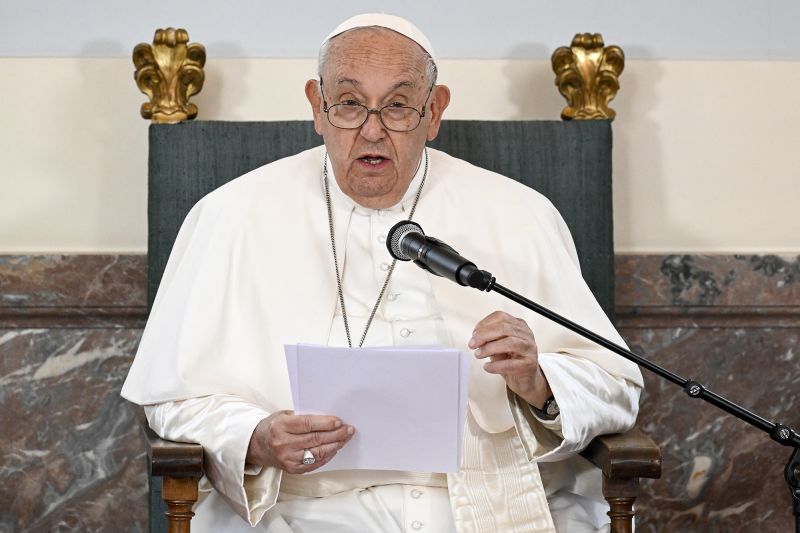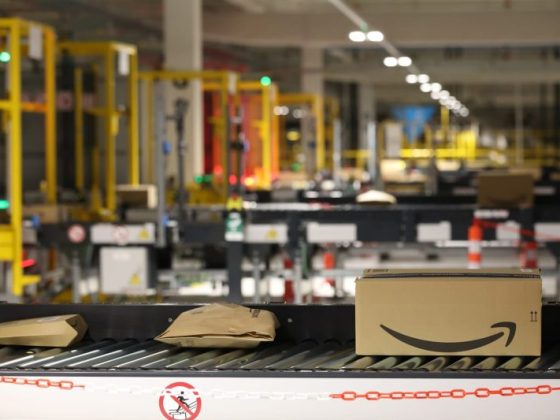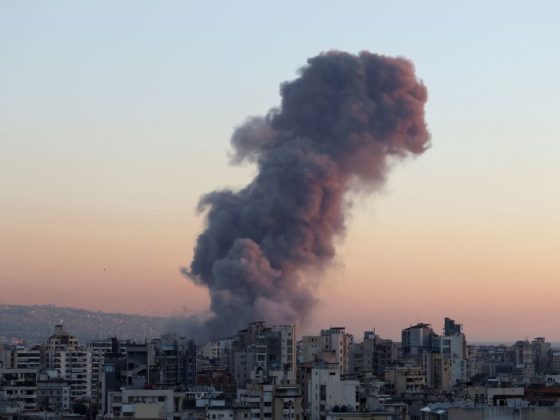 The situation in Israeli politics is indeed complex. Recently, the conflict with Hezbollah, the Lebanon-based political party and militant group, has intensified.
This escalation can have various impacts on Israeli politics. For one, it can shift the focus from domestic issues like economic problems or corruption allegations, something that can play in favour of certain politicians. Military conflicts can pave the way for more hawkish leaders to gain popularity, as they are often seen as better equipped to deal with matters of national security.
In addition, the recent formation of the new Israeli government under Prime Minister Naftali Bennett is facing its first major foreign policy and security challenge. This could either solidify or undermine the fragile coalition, depending on how they handle the situation.
In terms of international relationships, increased conflict with Hezbollah can further strain Israel’s relationships with countries that are supportive or sympathetic to the group. It also adds another layer of complication to Israel’s delicate relationship with Lebanon, which has often been caught in the crossfire of this conflict.
The specific implications will vary depending on how the situation unfolds. It’s essential for observers of Israeli politics to keep an eye on these factors as events continue to develop.
The situation in Israeli politics is indeed complex. Recently, the conflict with Hezbollah, the Lebanon-based political party and militant group, has intensified.
This escalation can have various impacts on Israeli politics. For one, it can shift the focus from domestic issues like economic problems or corruption allegations, something that can play in favour of certain politicians. Military conflicts can pave the way for more hawkish leaders to gain popularity, as they are often seen as better equipped to deal with matters of national security.
In addition, the recent formation of the new Israeli government under Prime Minister Naftali Bennett is facing its first major foreign policy and security challenge. This could either solidify or undermine the fragile coalition, depending on how they handle the situation.
In terms of international relationships, increased conflict with Hezbollah can further strain Israel’s relationships with countries that are supportive or sympathetic to the group. It also adds another layer of complication to Israel’s delicate relationship with Lebanon, which has often been caught in the crossfire of this conflict.
The specific implications will vary depending on how the situation unfolds. It’s essential for observers of Israeli politics to keep an eye on these factors as events continue to develop.
Israeli politics swirl as Hezbollah conflict ramps up

 The situation in Israeli politics is indeed complex. Recently, the conflict with Hezbollah, the Lebanon-based political party and militant group, has intensified.
This escalation can have various impacts on Israeli politics. For one, it can shift the focus from domestic issues like economic problems or corruption allegations, something that can play in favour of certain politicians. Military conflicts can pave the way for more hawkish leaders to gain popularity, as they are often seen as better equipped to deal with matters of national security.
In addition, the recent formation of the new Israeli government under Prime Minister Naftali Bennett is facing its first major foreign policy and security challenge. This could either solidify or undermine the fragile coalition, depending on how they handle the situation.
In terms of international relationships, increased conflict with Hezbollah can further strain Israel’s relationships with countries that are supportive or sympathetic to the group. It also adds another layer of complication to Israel’s delicate relationship with Lebanon, which has often been caught in the crossfire of this conflict.
The specific implications will vary depending on how the situation unfolds. It’s essential for observers of Israeli politics to keep an eye on these factors as events continue to develop.
The situation in Israeli politics is indeed complex. Recently, the conflict with Hezbollah, the Lebanon-based political party and militant group, has intensified.
This escalation can have various impacts on Israeli politics. For one, it can shift the focus from domestic issues like economic problems or corruption allegations, something that can play in favour of certain politicians. Military conflicts can pave the way for more hawkish leaders to gain popularity, as they are often seen as better equipped to deal with matters of national security.
In addition, the recent formation of the new Israeli government under Prime Minister Naftali Bennett is facing its first major foreign policy and security challenge. This could either solidify or undermine the fragile coalition, depending on how they handle the situation.
In terms of international relationships, increased conflict with Hezbollah can further strain Israel’s relationships with countries that are supportive or sympathetic to the group. It also adds another layer of complication to Israel’s delicate relationship with Lebanon, which has often been caught in the crossfire of this conflict.
The specific implications will vary depending on how the situation unfolds. It’s essential for observers of Israeli politics to keep an eye on these factors as events continue to develop.

